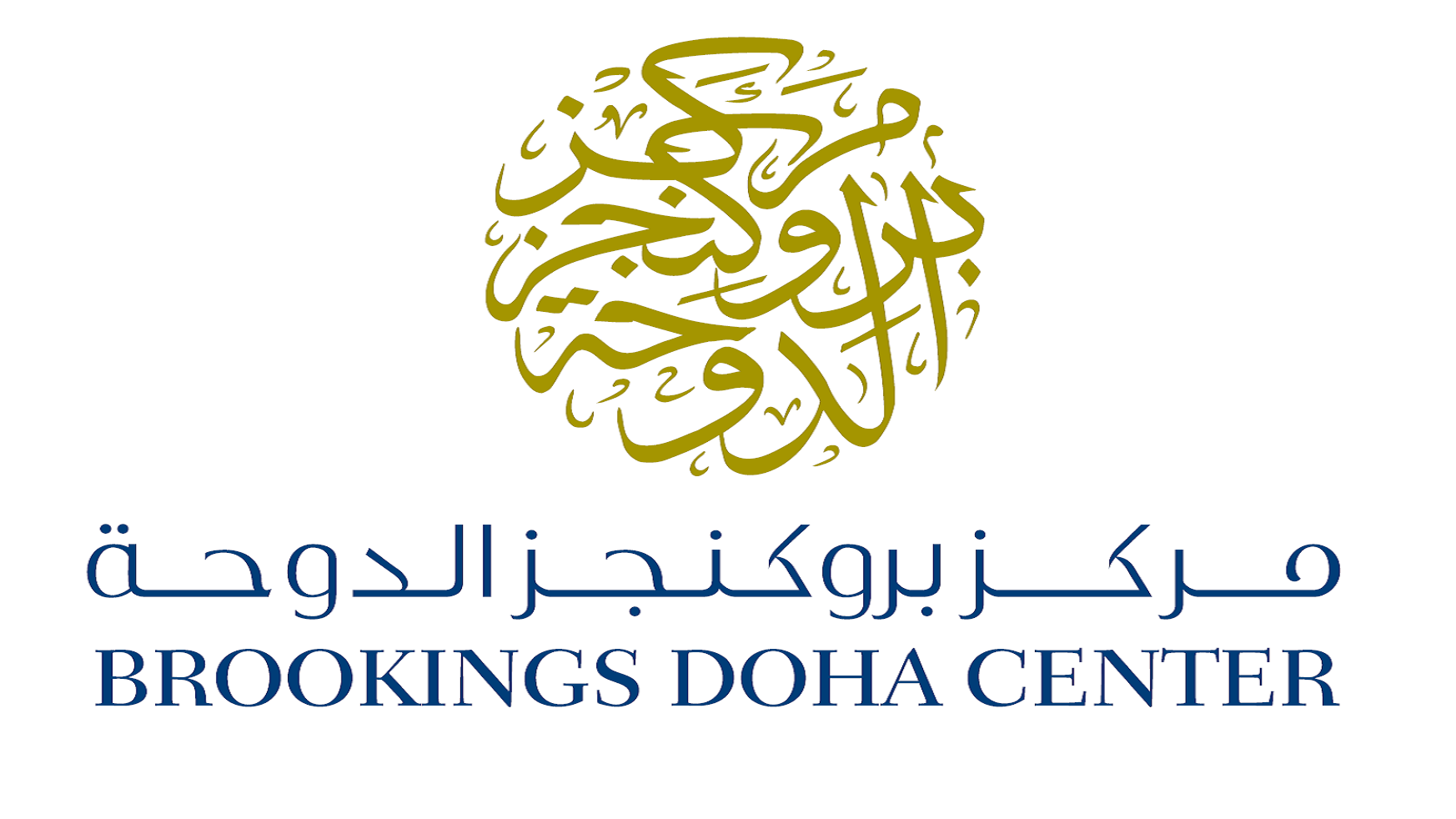How Will the 2020 Presidential Election Shape US Policy in the Middle East?
Date and time: November 2, 2020, 4 pm Qatar time (UTC+3)
Register on Zoom here.
You are cordially invited to a joint webinar with Arab Barometer: “How Will the 2020 Presidential Election Shape U.S. Policy in the Middle East?”
With:
- Maha Yahya, Director, the Malcolm H. Kerr Carnegie Middle East Center
- Michael Robbins, Director, Arab Barometer
- Samer S. Shehata, Professor of Middle East Studies, University of Oklahoma
- Tamara Cofman Wittes, Senior Fellow in the Center for Middle East Policy, Brookings
- Online Moderator: Adel Abdel Ghafar, Fellow, Brookings Doha Cente
In the lead-up to the 2020 presidential election, the United States faces unprecedented domestic and international challenges. Domestically, the COVID-19 pandemic continues to rage unabated, having already caused over 200,000 fatalities and an economic crisis rivaling the Great Depression. The country is also grappling with sharp social and political polarization, as demonstrated by ongoing protests against police brutality and racism, as well as the controversy over who will replace the late Ruth Bader Ginsburg on the Supreme Court. Internationally, great power competition is ramping up, even as the global economy struggles to absorb the double hit of COVID-19 and falling oil prices.
The Middle East and North Africa (MENA) region continues to grapple with its own challenges, not only the economic impact of COVID-19 and lower oil prices, but also ongoing conflicts, failure of governance, as well as rising tensions in the Eastern Mediterranean. Amid this turmoil, the Trump administration has pursued inconsistent policies in the Middle East and North Africa (MENA) region, upending long-standing norms to mixed success.
The Brookings Doha Center and Arab Barometer invite you to attend a webinar on the potential impact of the 2020 U.S. elections on the MENA region. The discussion will address the following questions: How will the results of the U.S. election affect the country’s policies in the MENA region, and vice versa? How does the Arab public view the U.S. and what does a continuation of a Trump presidency mean versus a Biden presidency in the eyes of ordinary citizens in the region? How might the Trump administration’s efforts to promote Israeli normalization and sanction Iran impact voter opinions? And in what ways would a Biden administration be likely to build upon or break away from the current U.S. policies in the region?
IMPORTANT: For English language, use the English interpretation channel and click on “Mute Original Audio.”
Kindly note that there is a maximum capacity to join this webinar
The discussion will include a question and answer session.
All attendees will have the chance to submit questions via the Q&A option in the Zoom webinar and these can be submitted anonymously during the time allocated for Q&A.
Established in 2008, the Brookings Doha Center (BDC) is an overseas center of the Brookings Institution in Washington, D.C. As a hub for Brookings scholarship in the region, the BDC advances high-quality, independent research and policy analysis on the Middle East and North Africa.


